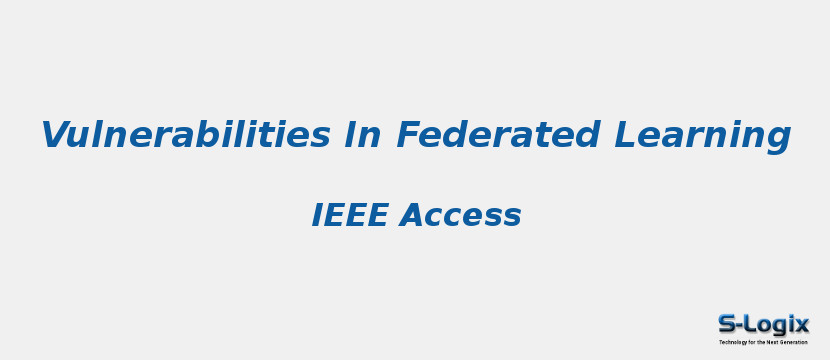Research Area: Machine Learning
With more regulations tackling the protection of users privacy-sensitive data in recent years, access to such data has become increasingly restricted. A new decentralized training paradigm, known as Federated Learning (FL), enables multiple clients located at different geographical locations to learn a machine learning model collaboratively without sharing their data. While FL has recently emerged as a promising solution to preserve users privacy, this new paradigms potential security implications may hinder its widespread adoption. The existing FL protocols exhibit new unique vulnerabilities that adversaries can exploit to compromise the trained model. FL is often preferred in learning environments where security and privacy are the key concerns. Therefore, it is crucial to raise awareness of the consequences resulting from the new threats to FL systems. To date, the security of traditional machine learning systems has been widely examined. However, many open challenges and complex questions are still surrounding FL security. In this paper, we bridge the gap in FL literature by providing a comprehensive survey of the unique security vulnerabilities exposed by the FL ecosystem. We highlight the vulnerabilities sources, key attacks on FL, defenses, as well as their unique challenges, and discuss promising future research directions towards more robust FL.
Keywords:
Author(s) Name: Nader Bouacida; Prasant Mohapatra
Journal name: IEEE Access
Conferrence name:
Publisher name: IEEE
DOI: 10.1109/ACCESS.2021.3075203
Volume Information: Volume: 9, Page(s): 63229 - 63249
